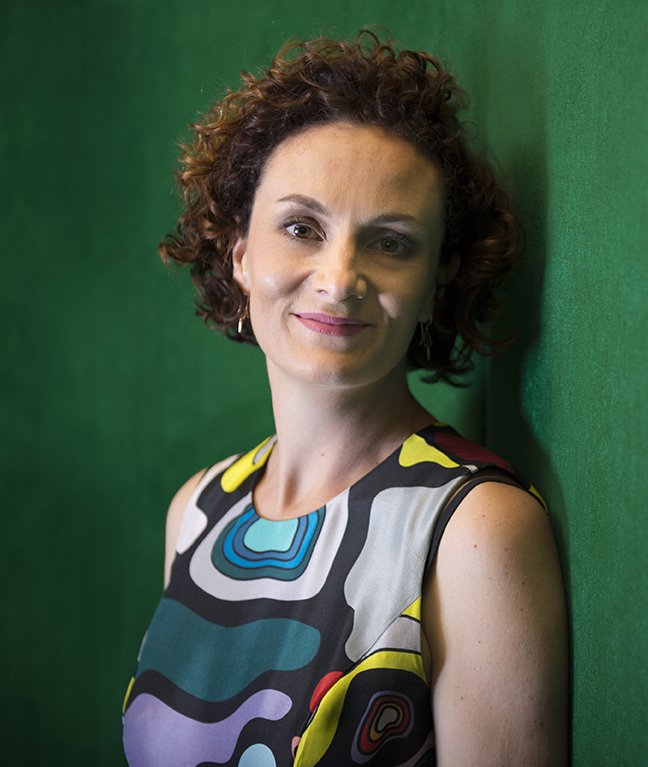In February 2017, Arts Centre Melbourne launched an industry-wide initiative aimed at improving the mental health of Victorian performing arts workers.
The pilot program, called the Arts Wellbeing Collective, provides resources to help organisations better support the mental health of their workers, focussing on both prevention and intervention.
A 2016 report commissioned by Entertainment Assist and conducted by Victoria University found workers in the Australian entertainment industry were five times more likely to have symptoms of depression and ten times more likely to have moderate to severe anxiety.
Claire Spencer, CEO of Arts Centre Melbourne
Claire Spencer, CEO of Arts Centre Melbourne, said the initiative started at Arts Centre Melbourne as a way to care for its own employees.
“Our aim is to care for our people. One of our founding values is to ‘care more’ – to go well beyond the bare minimum,” she said.
Once the initiative was launched, Spencer said she was overwhelmed at the positive response from employees and the industry.
“There was a sense of pride that Arts Centre Melbourne was stepping up to lead and acknowledging up front that we know that there are issues and they aren’t easy to solve,” she said.
“It was a very levelling experience. There was a sense of collegiality and that this is an industry that has unique challenges and an industry-wide approach is appropriate.”
The Arts Wellbeing Collective holds workshops developed with psychologist Dr Michael Carr-Gregg and provisional psychologist and soprano, Greta Bradman on strengthening work relationships, creative people management and living well for those in the performing arts.
The Collective also offers mental health first aid courses which teaches employees to recognise symptoms of mental health issues, how to provide initial help and how to act in a crisis.
The Arts Wellbeing Collective is also creating an opportunity within the industry to alleviate the stigma of mental health.
“It’s already changing the conversation that it’s okay and to reach out and seek help,” Spencer said.
“There needs to be a boldness to try and find a way to solve this problem.”
Part of the success of the initiative has been its custom fit for the industry. Currently in development is a tour management kit that addresses key challenges of workers who travel for extended periods of time for tours or short festivals. Challenges include eating healthy, getting adequate sleep, taking regular breaks and managing extreme emotional highs and lows.
On an emotional and mental level, workers deal with an array of issues including having their sense of identity tied with their work. Performers deal with the difficulty of “coming out” of performances of dysfunctional characters like murderers or alcoholics which they may have to play for six to seven months.
All support services are also extended to the immediate family members of employees.
DID YOU KNOW?
High performing employees are more likely to have missed work in the past year because of stress, depression or anxiety? (2016 Snapshot of the Australian Workplace).


